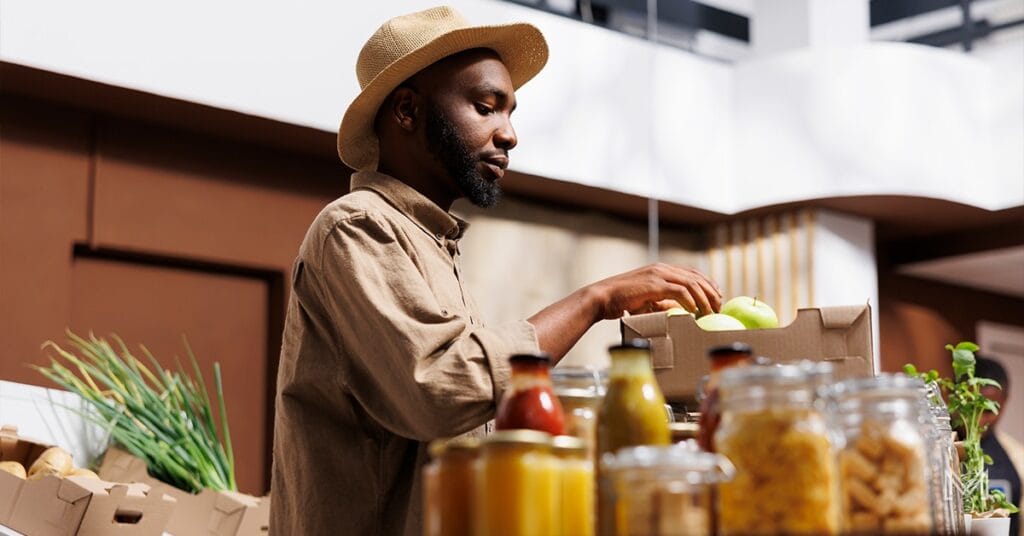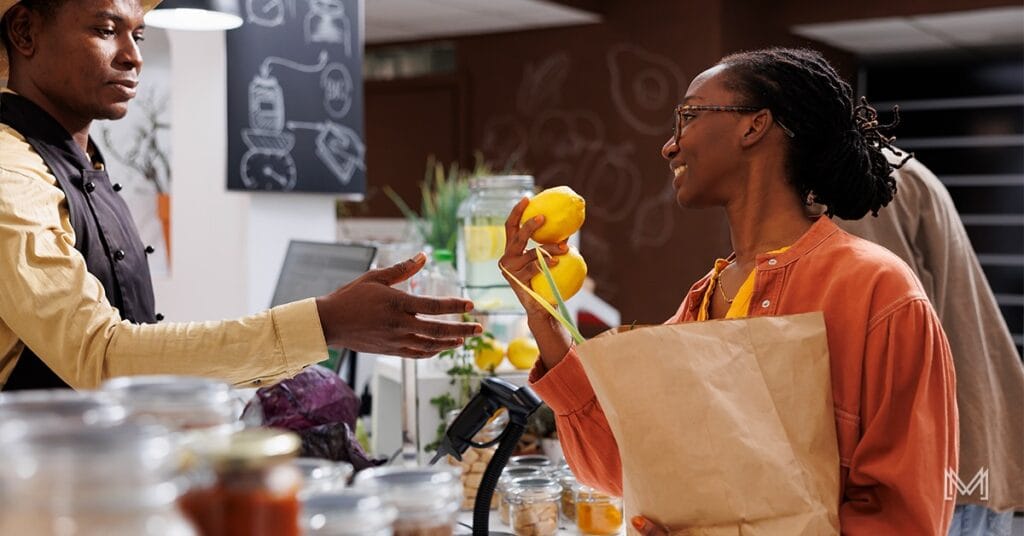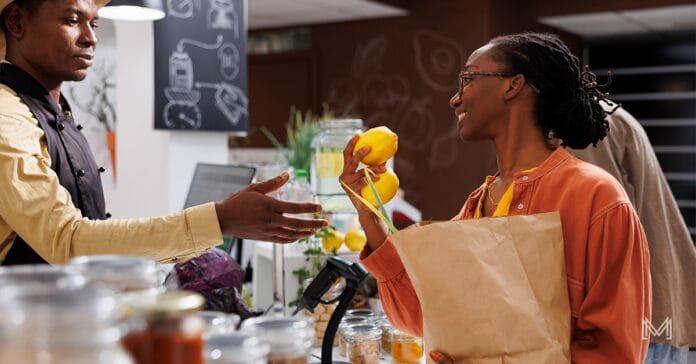Licensing and Permits for the Food Industry: What You Need to Know When Starting a New Small Business
Starting a new business in the food industry can be incredibly rewarding, but it’s not without its challenges. One of the most crucial aspects of setting up a food business is ensuring that you have all the necessary licenses and permits in place. Without them, your business could face hefty fines or even closure. This article will guide you through the essential licenses and permits you need to get your food business off the ground.
Understanding business licenses
What is a business license?
A business license is an official document issued by the government that allows you to operate a business within a certain jurisdiction. It’s essentially the government’s way of giving you the green light to start your venture. In the food industry, this is especially important as it ensures that your business complies with all legal and safety standards.
Who needs a business license in the food industry?
If you’re planning to sell or supply any food, whether it’s a full-service restaurant or a small take-away joint, you’ll need a business license. This requirement is outlined in the Businesses Act (1991), which governs the operation of businesses in South Africa.
Even if you’re running a food truck or catering service, you still need to obtain this license. The only exceptions are for businesses operated by educational institutions where all profits go back into the institution, like a school tuck shop.
Exemptions from Needing a Business License
While most food businesses need a business license, there are some exceptions. For instance, if a business is run by an educational institution and the profits are used for the benefit of the institution, it might not require a business license. However, these cases are rare, and it’s always best to check with your local municipality to confirm.

Health and safety compliance
Overview of Health and Safety Regulations
Health and safety in the food industry are of paramount importance. The Health Act (1977) lays down strict regulations governing the hygiene standards of food premises and the transportation of food. These regulations are designed to protect public health and ensure that the food served to customers is safe to eat.
The Importance of a Certificate of Acceptability
To legally operate a food business, you must obtain a certificate of acceptability. This certificate indicates that your premises meet the necessary hygiene standards set by the government. Without it, you cannot legally prepare or serve food.
How to Apply for a Health and Safety Certificate
To obtain a certificate of acceptability, you’ll need to apply to your local municipality. The application will require detailed information about your business, including the type of food you plan to handle, how it will be prepared, and the facilities you have in place to ensure hygiene.
Liquor Licensing
When Do You Need a Liquor License?
If you plan to serve alcohol in your restaurant or food establishment, you’ll need a liquor license. This is a separate requirement from your business license and is governed by provincial laws. Each province in South Africa has its own set of rules and procedures for obtaining a liquor license.
Provincial Differences in Liquor Licensing
The process of obtaining a liquor license can vary depending on where your business is located. For example, the requirements and application process in Gauteng may differ significantly from those in the Western Cape. It’s essential to familiarise yourself with the specific requirements of your province.
Steps to Apply for a Liquor License
Applying for a liquor license involves several steps, including submitting detailed plans of your premises, proof of your business’s legal status, and often a public consultation period where local residents can voice their opinions on your application.
Music licensing for restaurants
Importance of Music Licensing
Playing music in your restaurant, whether it’s live performances or background tunes, requires proper licensing. This ensures that the artists and producers are compensated for their work. In South Africa, there are two main organisations responsible for music licensing: SAMRO and SAMPRA.
Differences Between SAMRO and SAMPRA
SAMRO (the Southern African Music Rights Organisation) manages the rights to the composition and lyrics of songs, while SAMPRA (the South African Music Performance Rights Association) covers the rights to the recorded version of the song. To legally play music in your establishment, you’ll need to obtain licenses from both organisations.
How to Apply for Music Licenses
To apply for a music license, you’ll need to contact SAMRO and SAMPRA directly. The application process will involve providing details about how you intend to use the music (e.g., via radio, TV, or live performances) and the size of your venue.
Where to Apply for Licenses and Permits
Determining Your Local Municipality
The location of your business will determine where you apply for your business license and certificate of acceptability. Each municipality has its own process, so it’s important to get in touch with your local municipal office to find out exactly what’s required.
Provincial Liquor Authorities and Boards
For liquor licenses, you’ll need to apply to your provincial liquor authority or liquor board. Each province has its own set of rules, so you’ll need to contact the relevant authority for guidance.

Contacting SAMRO and SAMPRA
Music licenses must be obtained directly from SAMRO and SAMPRA. You can reach out to these organisations online or by phone to start the application process.
Requirements for Each License and Permit
Business license requirements
The requirements for a business license can vary depending on your location. Typically, you’ll need to provide information about your business, including its name, address, and the nature of the food you’ll be serving.
Health and Safety Certificate Requirements
For a health and safety certificate, you’ll need to demonstrate that your premises meet the required hygiene standards. This may involve an inspection by local health officials.
Liquor License Requirements
Liquor license requirements vary by province but generally include proof of your business’s legal status, detailed plans of your premises, and sometimes a public consultation period.
Music license requirements
To obtain a music license, you’ll need to inform SAMRO and SAMPRA about how you plan to use music in your business, including the type of music and the method of playback.
The Application Process

Step-by-Step Guide to Applying for Each License
- Business License: Start by contacting your local municipality. Fill out the necessary forms and submit them along with any required documentation.
- Health and Safety Certificate: Apply to your local municipality, providing details about your food handling practices. An inspection may be required.
- Liquor License: Contact your provincial liquor authority. Submit your application, including detailed plans of your premises and proof of legal status.
- Music Licenses: Reach out to SAMRO and SAMPRA. Provide details about how you plan to use music and pay the associated fees.
Common challenges and how to overcome them
The application process can be complex, and delays are common. To avoid issues, ensure that all your documentation is in order and seek professional advice if necessary.
Cost Considerations
Expected Costs for Each License and Permit
Licenses and permits can be expensive, and the costs vary depending on the type of license and your location. Business licenses and health certificates are generally more affordable, while liquor and music licenses can be more costly.
Budgeting for License Fees in Your Business Plan
It’s important to budget for these costs in your business plan. Failure to account for licensing fees can lead to financial strain down the road.
Renewals and Ongoing Compliance
Keeping Your Licenses Up to Date
Most licenses need to be renewed periodically. It’s essential to keep track of renewal dates to ensure that your business remains compliant.
Regular inspections and compliance checks
Health and safety inspections are common in the food industry. Regularly review your practices to ensure that you remain compliant with all regulations.
Penalties for non-compliance
Operating without the necessary licenses can result in hefty fines or even the closure of your business. It’s crucial to stay compliant to avoid these penalties.
Special Considerations for Different Types of Food Industry
Restaurants vs. Food Trucks vs. Catering Businesses
Different types of food businesses have unique licensing requirements. For example, a food truck may need special permits related to mobility, while a catering business might require additional health certifications.
Unique Licensing Needs for Each Type
Ensure that you understand the specific licensing needs of your business type. This may involve additional permits or certifications, depending on the nature of your business.

Common Mistakes to Avoid – Permits for the Food Industry
Overlooking Necessary Licenses
One of the most common mistakes new business owners make is overlooking the need for licenses. Always double-check to ensure that you have all the required permits before opening your doors.
Failing to renew licenses on time
Licenses often need to be renewed annually or biannually. Failing to renew on time can result in penalties or the suspension of your business operations.
Not adhering to health and safety standards
Health and safety compliance is critical in the food industry. Regularly review your practices to ensure that you meet all hygiene standards.
The Impact of Licensing on Your Business
How Proper Licensing Can Enhance Your Business’s Reputation
Operating with the correct licenses shows that you’re a responsible business owner. This can enhance your reputation with customers and local authorities.
The Risks of Operating Without the Proper Licenses
Failing to obtain the necessary licenses can lead to severe consequences, including fines, legal action, and the closure of your business. It’s simply not worth the risk.
Conclusion – Permits for the Food Industry
In conclusion, obtaining the correct licenses and permits is a critical step in starting and operating a successful food industry. Whether it’s a business license, a health and safety certificate, a liquor license, or a music license, each one plays a vital role in ensuring your business complies with legal standards and operates smoothly. Always consult with your local authorities and consider seeking professional advice to navigate the complex world of business licensing.

Frequently Asked Questions – Permits for the Food Industry
What happens if I don’t have the right licenses?
Operating without the proper licenses can result in hefty fines, legal action, and even the closure of your business. It’s essential to ensure you have all the necessary permits before starting your business.
Can I apply for licenses online?
In many cases, yes. Some municipalities and provincial authorities offer online applications for business and liquor licenses. However, some permits, like health and safety certificates, may require in-person inspections.
How long does it take to get a business license?
The time frame can vary depending on your location and the type of license. It can take anywhere from a few days to several weeks, so it’s important to apply well in advance of your planned opening date.
Do I need a license to sell homemade food?
Yes, even if you’re selling food from your home, you’ll need the appropriate licenses and permits. This includes a business license and possibly a health and safety certificate, depending on your location.
What is the difference between SAMRO and SAMPRA licenses?
SAMRO covers the rights to the composition and lyrics of songs, while SAMPRA covers the rights to the recorded version of the song. Both licenses are necessary if you plan to play music at your establishment.


